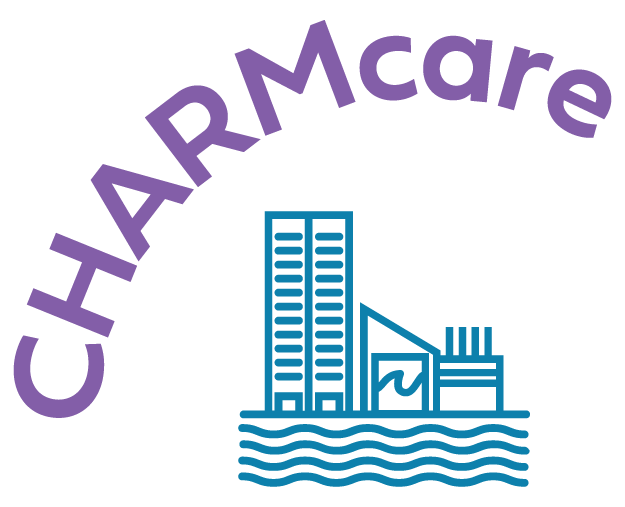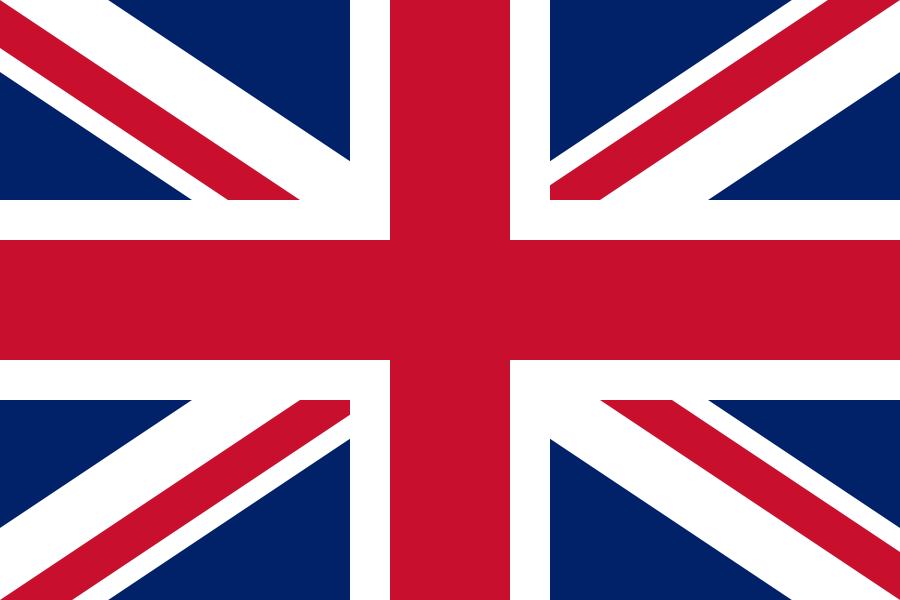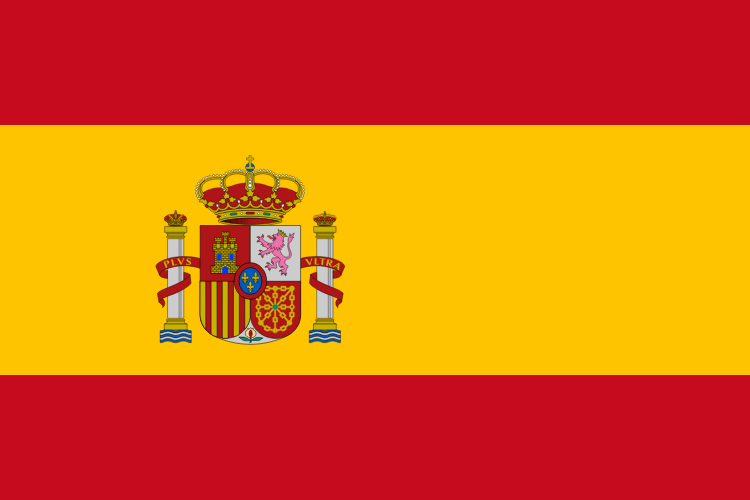American Psychiatric Group
ABOUT
This program provides care for mental health and addiction.
Phone
(410) 600-3500 voiceLocation
17 E Franklin StBaltimore, MD 21202
Services
- Medication-Assisted Treatment (MAT) Opioids
- Transcranial Magnetic Stimulation Therapy
- Medication-Assisted Treatment (MAT) Methamphetamine
- Laboratory Services
- Individual Consultations
- Individual Psychotherapy
- Medication Management
- Medication-Assisted Treatment (MAT) Alcohol
- Addiction Treatment (IOP)
- Psychiatric Evaluations
Website
americanpsychiatricgroup.com/
Info@AmericanPsychiatricGroup.com
Hours
General Information
This program provides care for mental health and addiction, including medication-assisted treatment (MAT).
Services include:
* Same-day or next-day appointments
* Evening and weekend hours
* Telehealth visits
* Free COVID-19 testing
To get started:
* Click here for the intake form
* Click here to send a referral
Services
Medication-Assisted Treatment (MAT) Opioids
About
This program uses medicine like Suboxone along with counseling to help people stop using opioids. Many people stay in the program for a year or longer.
Treatment has 4 stages:
* First 2 weeks: You visit the clinic 2 times a week and get a few days of medicine at each visit.
* Weeks 3–6: If you are doing well, you go once a week and get 7 days of medicine.
* After 6 weeks: If you stay stable, you may only need to go every 2 weeks.
* Long-term: Very stable patients may go once every 3 to 4 weeks and stay in this stage as long as needed.
Phone
(410) 599-9977 voiceTranscranial Magnetic Stimulation Therapy
(TMS)About
This treatment uses gentle magnetic pulses to help parts of the brain that affect mood.
It may help people with depression when medicine or talk therapy does not work.
Medication-Assisted Treatment (MAT) Methamphetamine
About
There is no approved medicine just for meth, but using naltrexone and bupropion with counseling can help.
The program has 3 steps:
* Assess: A doctor checks your health and sees if you are using any other drugs.
* Treat: Based on your tests, the doctor may give you medicines like bupropion, naltrexone, or buprenorphine.
* Recover: You meet with your doctor often and get support like counseling.
Laboratory Services
About
This program offers quick and accurate test results for things like blood type, blood sugar (A1C), hemoglobin, thyroid, HIV, and the flu.
Most test results are ready the same day.
Tests are by appointment only.
Individual Consultations
About
This program offers one-time appointments to help with:
* Diagnosis,
* Treatment planning, or
* Work-related questions.
Each visit includes a 2 to 3-hour meeting, a review of records, and a written report.
How to Apply:
These appointments are usually requested by the person, their doctor, or their job.Individual Psychotherapy
About
This program helps people feel better by using counseling and medicine together.
It can help with:
* Feeling very sad or angry (depression or bipolar disorder)
* Feeling scared after something bad happened (PTSD)
* Worrying too much or repeating actions (OCD or panic attacks)
* Trouble with emotions or behavior (personality disorder)
* Drug or alcohol problems (dependence)
Therapy gives you tools to manage your feelings and live a healthier life.
Medication Management
About
This program uses medicine to help people with mental health and drug or alcohol problems.
Medicines may include ones for anxiety or depression, if needed.
Eligibility:
A doctor must give you a prescription to get the medicine.Medication-Assisted Treatment (MAT) Alcohol
About
This program uses medicine and support to help people stop drinking. It has 3 steps:
* Assess: A provider will check your health and run lab tests to see how much you have been drinking. If your case is very serious, you may need care at a hospital.
* Withdraw: If you are still drinking, you will get help managing withdrawal at home. A provider will make a treatment plan and check on you every day for 4–5 days. You should have a trusted adult with you if possible.
* Abstain: You will switch to a new plan to help prevent drinking again. You will meet with your provider each week at first, then once a month. You may have lab tests to check your progress and safety.
Medicines used may include:
Naltrexone (ReVia, Vivitrol)
* Disulfiram (Antabuse)
* Acamprosate (Campral)
These medicines help reduce cravings and prevent relapse.
Addiction Treatment (IOP)
About
This program helps people who want to stop using drugs or alcohol.
It offers treatment with medicine (MAT) and group therapy (IOP).
You get a care plan made just for you, support from trained staff, and a safe place to get better.
Audience:
People who have problems with drugs or alcohol and also have mental health needs.How to Apply:
People can get their first appointment within 24 hours, or the same day if possible. Walk-ins are welcome, and people coming from jails or hospitals are seen first.Psychiatric Evaluations
About
This program checks if you have a mental health problem.
The evaluation includes:
* Writing down your symptoms
* Asking about your family’s health
* Checking for other medical issues
* Talking with a mental health provider
* Giving a diagnosis and treatment plan
It may take a few visits to gather all the information needed.







